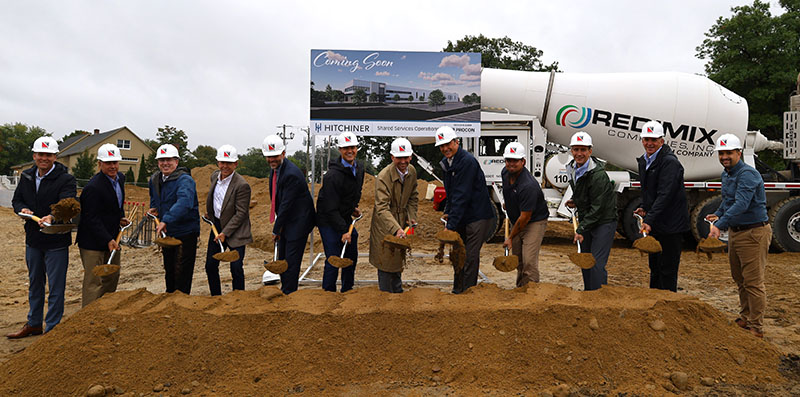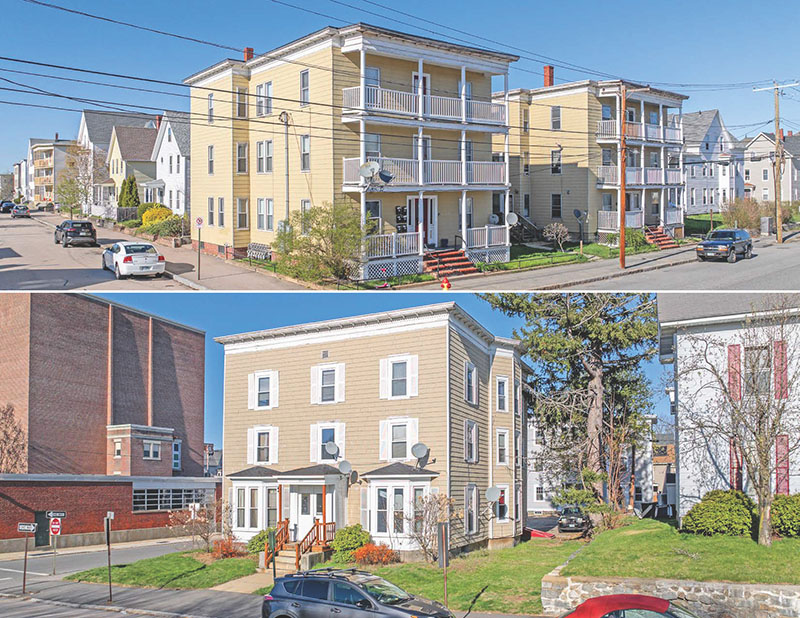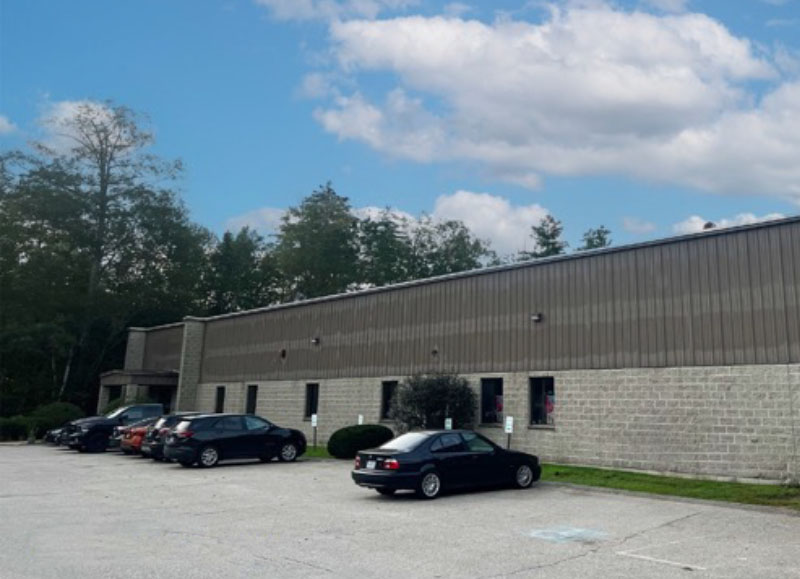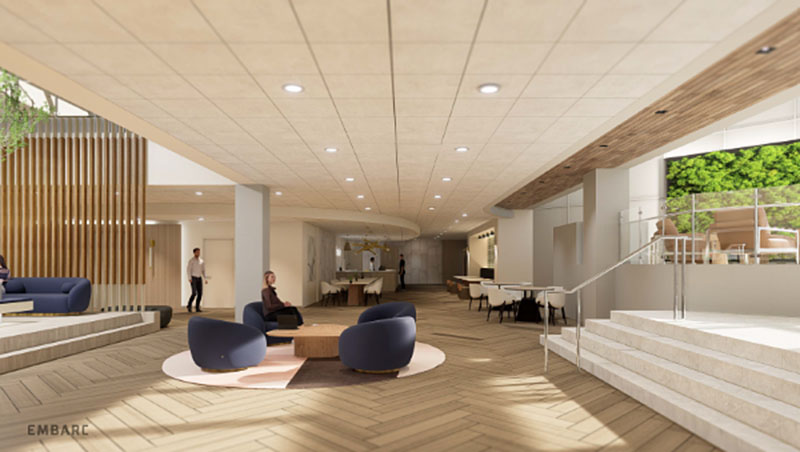McDonald and Lucas of The Boulos Company represents Silver Street Partners in $8.025 million sale

Augusta, ME The Boulos Company’s Tony McDonald and Nick Lucas represented Silver Street Partners in the sale of a subsidized housing project at 82 Glenridge Dr., one of the largest subsidized multifamily deals in Maine in recent years. The 120-unit property was purchased for $8.025 million by Midland Capital Partners, an established developer and operator of subsidized housing in Maine. Midland is renovating every unit at the complex using a financing package through Maine Housing Authority, converting some market-rate units to subsidized units.
Boulos conducted a nationwide search for buyers that resulted in eight significant offers. In the end, Midland was selected based on their experience in acquiring and operating low-income housing projects in the state. “There is significant demand for affordable housing in the Augusta market, where there is an aging housing stock, and Midland Capital Partners recognized the need,” said Lucas.
A rising tide lifts all boats. “Subsidized housing projects ultimately help improve housing availability for low- and moderate-income citizens,” said McDonald. “But it takes experienced subsidized housing developers, such as Midland, partnering with state and federal agencies, such as Maine Housing Authority and HUD, who provide the requisite specialized financing to help make these projects feasible.”
While the Glenridge sale shows that demand remains solid for affordable housing provided by experienced players, new development in this space faces multiple hurdles throughout the state.
“Land costs and low-density zoning are the biggest issues,” said McDonald. “With program caps on rental rates and construction costs non-negotiable, the key is keeping the cost of acquisition and development down; there has to be flexibility somewhere. To make these projects work, specialized financing and use of the low income housing tax credit (LIHTC) are absolutely key.”
Portland has tried to solve the deficit by requiring developers to include affordable housing in market-rate projects. This has virtually shut down new multifamily construction. “With material and labor costs high, developers simply can’t make deals pencil out with these affordable requirements forced into market-rate housing,” said Boulos’ John Finegan. “We need affordable housing. But more importantly, we just need to be building new housing and requiring affordable units makes market-rate development challenging. They are fundamentally different types of projects: financed differently and operated differently. Both types of housing are needed, but it is difficult to make them co-exist in a development financing plan.”








